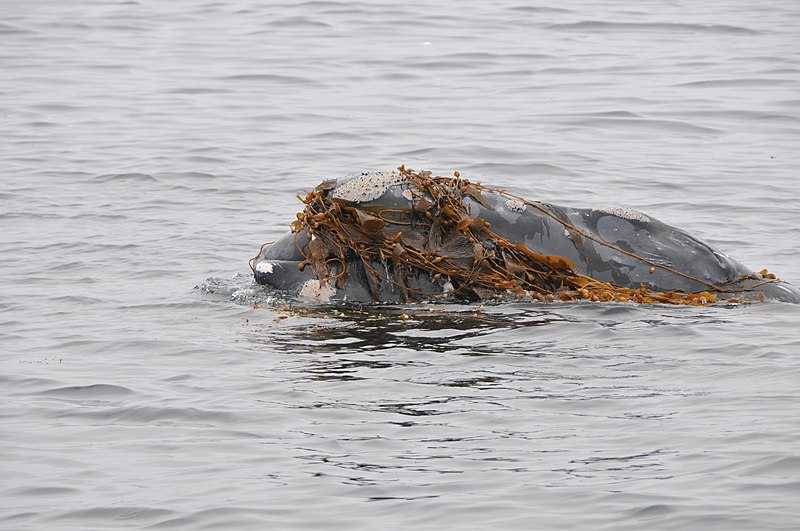Romania’s “living rocks,” known as trovants, are a fascinating geological phenomenon. These unusual formations, found primarily in the village of Costești, appear to grow and even reproduce, sparking both scientific curiosity and local folklore.
What are trovants?
Trovants are essentially rocks with a hard stone core surrounded by a layer of sandstone. Their unique characteristic is their ability to absorb minerals from rainwater. This process causes them to gradually expand over time, adding about 4-5 centimeters to their circumference every 1,000 years.
The mystery of growth and reproduction
The way trovants grow is certainly intriguing, but what’s even more mysterious is their apparent ability to reproduce. After heavy rainfall, smaller stones can form on the surface of larger ones. These “baby” trovants eventually break off and grow independently. This phenomenon has led many to believe that the rocks are alive, giving birth to new stones.
Scientific explanation
While the idea of living rocks might sound far-fetched, scientists have a more grounded explanation. They believe that the growth and reproduction of trovants are due to a complex chemical reaction. When rainwater, rich in minerals, comes into contact with the stone, it triggers a reaction that leads to the deposition of minerals on the surface. This process causes the rock to expand and, in some cases, form new stones.
To protect these remarkable formations, the Trovants Museum Natural Reserve was established in Costești. The reserve aims to preserve the trovants while also educating visitors about their geological significance.
Ongoing research
While much is known about trovants, there are still some unanswered questions. Scientists continue to study these fascinating rocks, hoping to unravel all their secrets. Perhaps one day we will fully understand the complex processes that allow these “living rocks” to grow and multiply.







